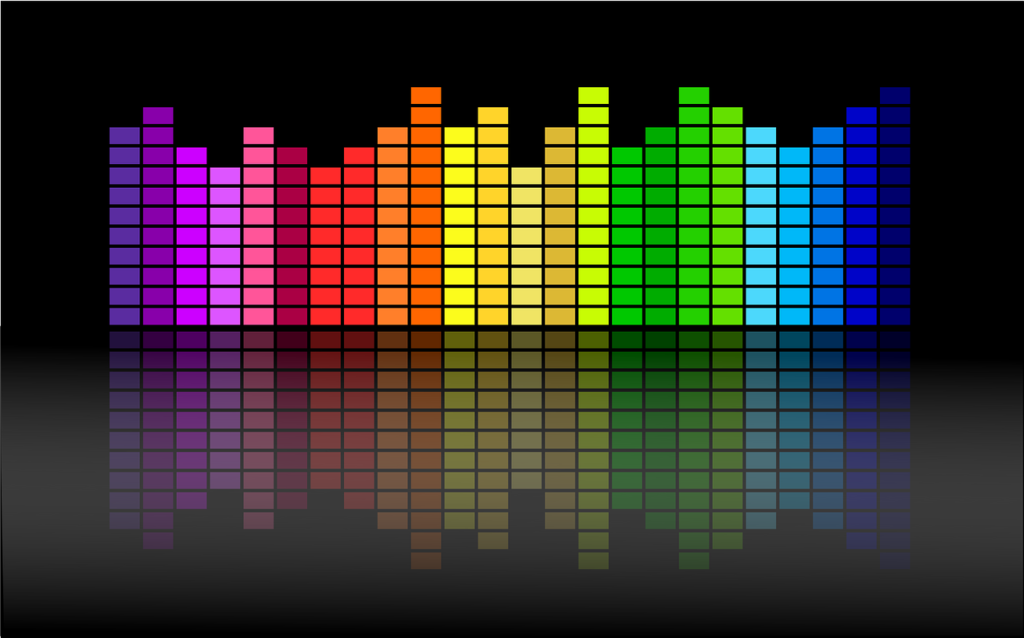In the rapidly evolving landscape of technology, artificial intelligence (AI) has emerged as a game-changing force across multiple industries, and the music sector is no exception. From composition and production to marketing and listener experiences, AI is reshaping how music is created, distributed, and consumed. This comprehensive exploration will dive deep into the profound ways AI is transforming the music industry.

The Rise of AI in Music Creation
Algorithmic Composition
AI has transcended from being a mere technological curiosity to a sophisticated tool for music creation. Advanced machine learning algorithms can now generate original compositions across various genres. Platforms like AIVA and Amper Music use neural networks trained on vast music databases to create unique, copyright-free musical pieces.
These AI systems analyze patterns, chord progressions, and musical structures from thousands of existing compositions, enabling them to generate music that sounds surprisingly human. While they might not replace human creativity entirely, they offer musicians innovative tools for inspiration and collaboration.
Personalized Music Production
AI-powered production tools are revolutionizing how music is recorded and mixed. Plugins like LANDR use machine learning to automatically master tracks, providing professional-grade sound optimization previously accessible only to high-end studios. These tools analyze the acoustic characteristics of a track and apply intelligent mastering techniques, reducing production costs and democratizing high-quality music production.
Transforming Music Recommendation and Discovery
Intelligent Streaming Algorithms
Streaming platforms like Spotify and Apple Music have leveraged AI to create highly personalized listening experiences. Their recommendation algorithms analyze user listening habits, consider contextual factors like time of day, mood, and activity, and suggest music with remarkable precision.
These AI systems go beyond simple genre matching. They understand nuanced musical attributes like tempo, instrumentation, and emotional tone to craft playlists that feel curated by a knowledgeable friend rather than an algorithm.
Enhanced Music Curation
AI is not just recommending music; it’s actively helping users discover new artists and genres. Platforms use complex machine learning models to identify emerging talents, predict trending music, and connect listeners with niche artists they’re likely to enjoy.
AI in Artist Management and Marketing
Predictive Analytics
Record labels and artist management teams now use AI to make data-driven decisions. Machine learning models can predict potential hit songs, analyze audience engagement, and forecast music trends with increasing accuracy.
These predictive tools help artists and labels:
- Identify potential viral tracks
- Understand audience demographics
- Optimize marketing strategies
- Predict concert and merchandise sales
Personalized Fan Engagement
AI-powered chatbots and digital assistants are creating more interactive fan experiences. These tools can provide personalized content, answer fan queries, and even simulate conversations with artists, enhancing fan connection and engagement.
Ethical Considerations and Challenges
While AI presents exciting opportunities, it also raises important ethical questions. Concerns about originality, copyright, and the potential displacement of human creativity are ongoing discussions in the music community.
Copyright and Originality
As AI becomes more sophisticated in generating music, questions about intellectual property rights become more complex. Who owns an AI-generated composition? How do we ensure fair compensation for original artists whose work trains these algorithms?
Preserving Human Creativity
Despite AI’s capabilities, most experts agree that it should be viewed as a collaborative tool rather than a replacement for human creativity. The emotional depth, personal experiences, and unique perspectives that human artists bring remain irreplaceable.

The Future of AI in Music
The integration of AI in the music industry is still in its early stages. Emerging technologies like generative AI, real-time music adaptation, and immersive audio experiences powered by machine learning promise to further transform how we create and consume music.
Potential Innovations
- AI-generated live concert experiences
- Real-time music composition adapting to listener emotions
- Hyper-personalized music therapy tools
- Interactive musical instruments with AI collaboration capabilities
Conclusion
Artificial intelligence is not just changing the music industry; it’s expanding its horizons. By offering tools for creation, personalization, and discovery, AI is democratizing music production and providing unprecedented opportunities for artists and listeners alike.
The key lies in viewing AI as a powerful collaborator—a tool that amplifies human creativity rather than replacing it. As technology continues to evolve, the synergy between human artistry and artificial intelligence will undoubtedly produce sounds we’ve yet to imagine.
Key Takeaways
- AI is transforming music creation, production, and distribution
- Personalized experiences are becoming the new standard
- Ethical considerations are crucial in AI music development
- The future of music is a collaborative human-AI ecosystem
